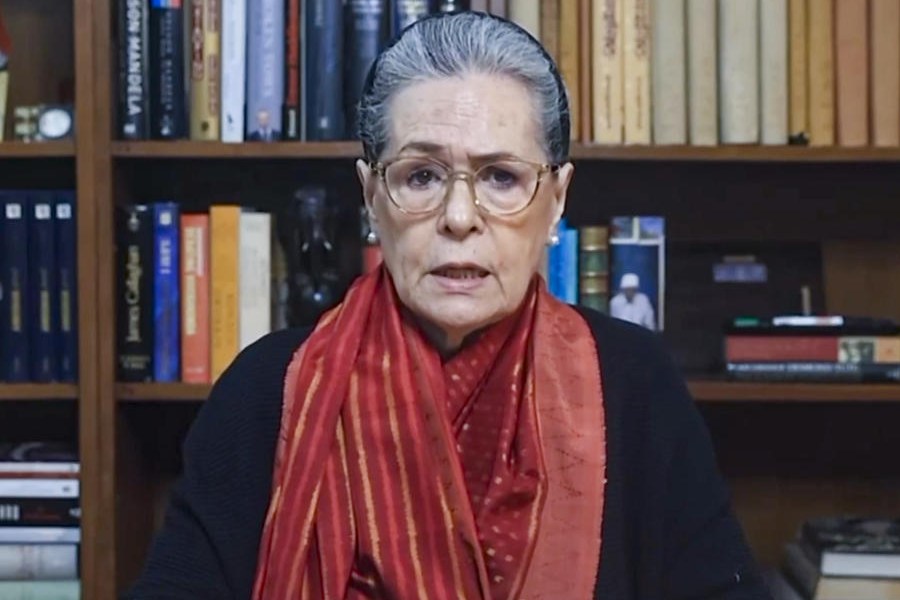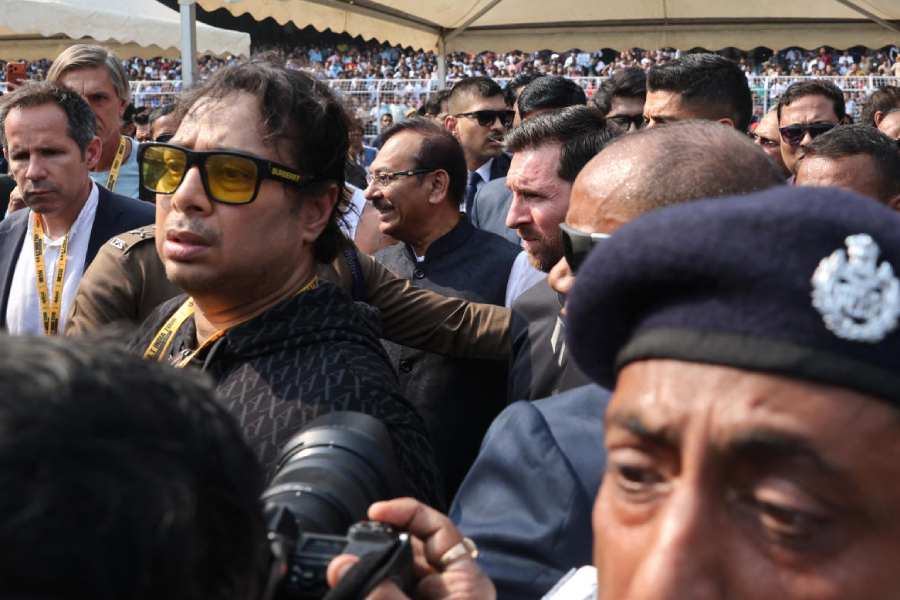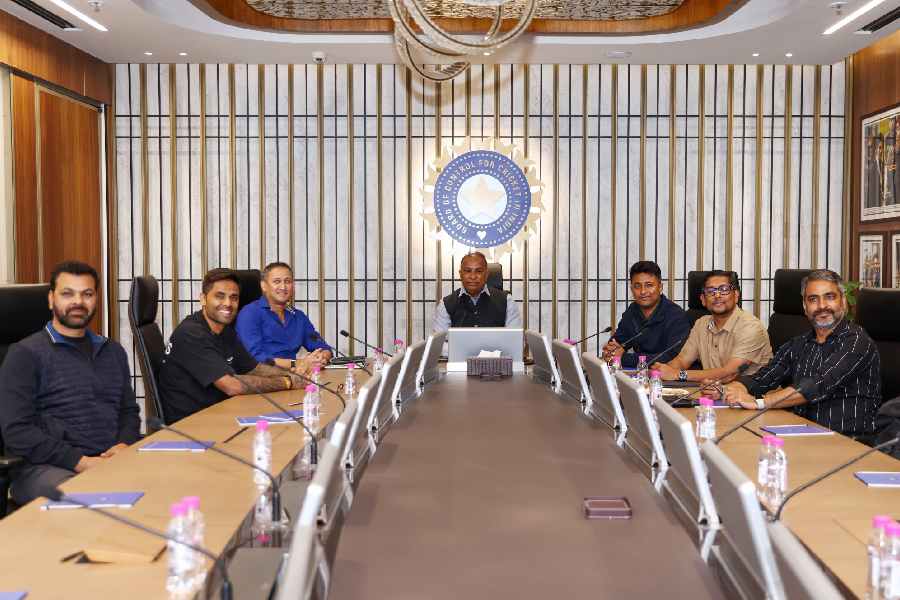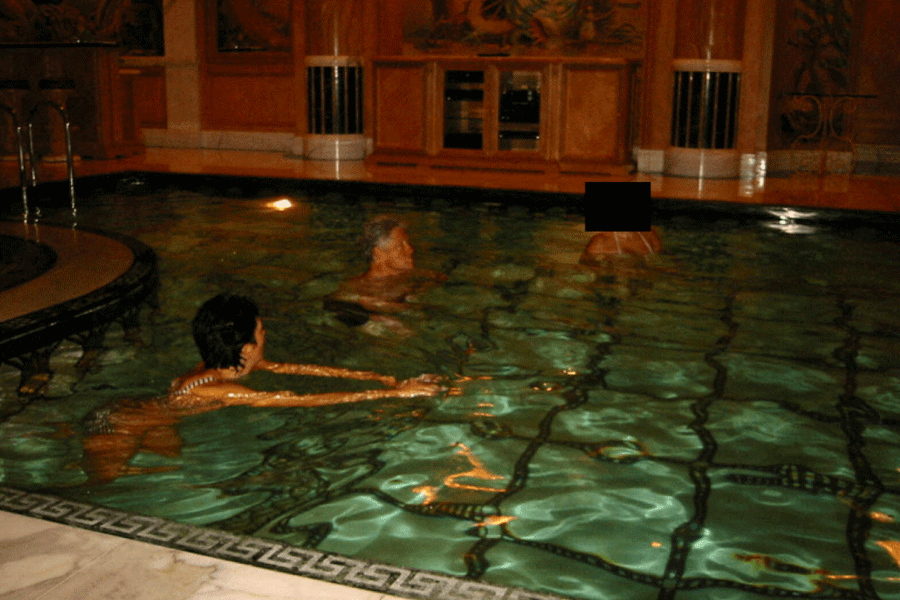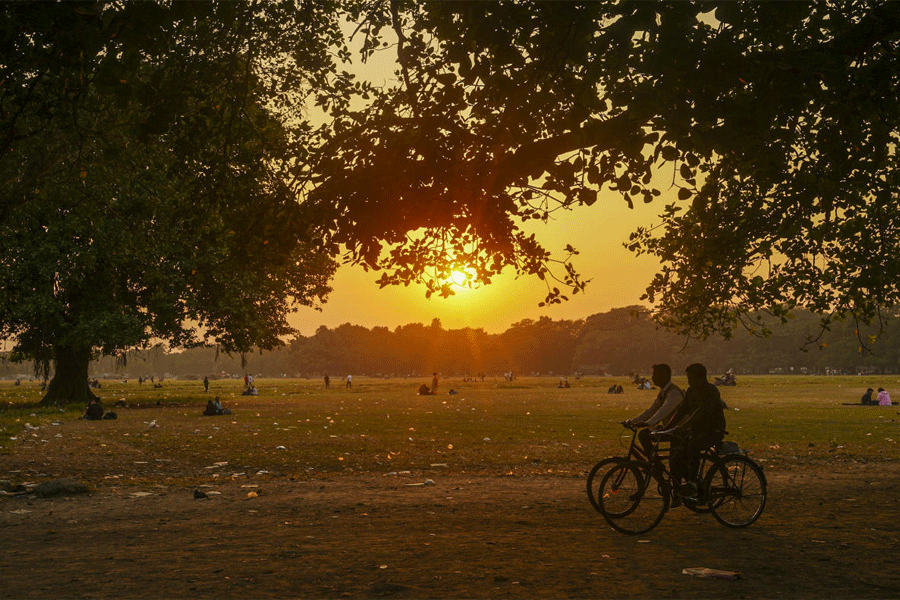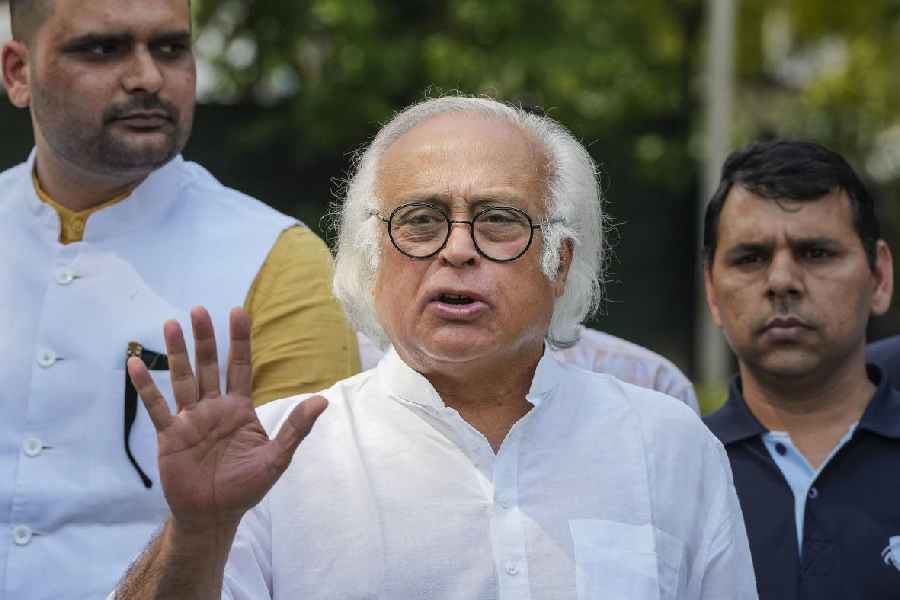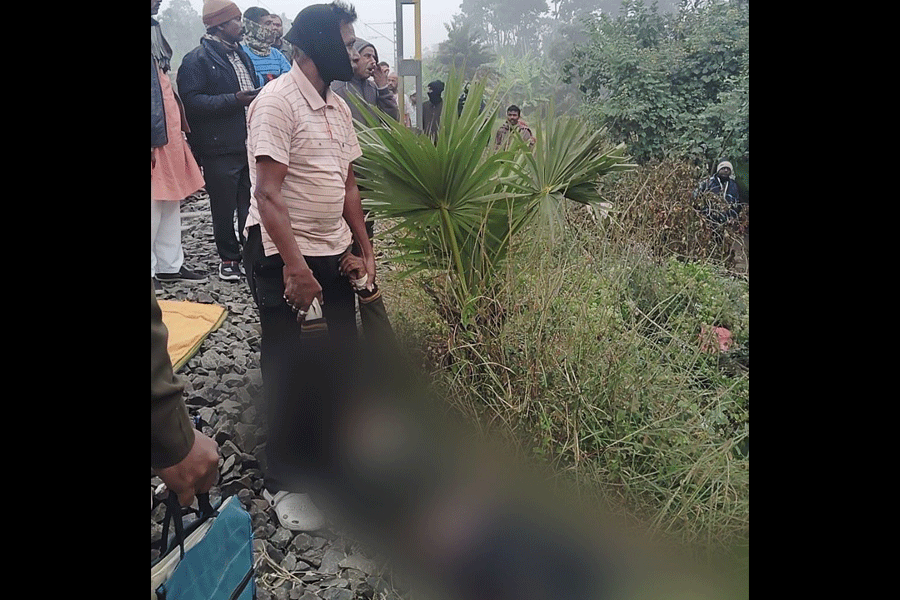 |
| The excavation site at Ambari. Picture by Eastern Projections |
Dec. 3: Archaeologists will try to trace the chronology of pottery culture by excavating at the Ambari archaeological site.
The state archaeology department and the Archaeological Survey of India will start the joint excavation from January. The drive will continue till the onset of the monsoon in June and will start again after the rains.
State archaeology department director H.N. Dutta said fresh excavation at the Ambari site, considered to be the cultural epitome of Assam, could unravel many new aspects of the city’s history and its link with the rest of the country.
Over 1,000 artefacts with important historical bearings have been found at the Ambari site over the years.
Dutta said the artefacts found so far reveal that the site had been inhabited for several centuries. The pottery found at Ambari has similarities with the ones found at Hastinapur in Ganga valley.
He said this would be the first joint excavation at the Ambari site and the ASI had sanctioned funds for the drive. It will also extend other logistical support, including manpower and technological expertise, to the archaeology department for the proposed excavation.
“The licence to conduct excavations at Ambari was first given to the anthropology department of Gauhati University in 1969 and then to the state archaeology department in 1995. We will carry out the fresh excavation in a planned way and try to find out the chronological order of pottery culture. Experts from the ASI will constantly assist us in the excavation,” he added.
The joint drive was initiated when experts and scholars from across the country converged in the city last year for a national seminar and resolved to work together for the protection, preservation and promotion of the Ambari archaeological site.
“Unplanned construction in and around the Ambari site has been a hurdle for further excavation. It is high time that experts and scholars did something to protect it,” Dhurba Barua, a resident of Ambari, said.
Dutta said the archaeology department had also sought funds and other logistical support from the ASI to carry out excavations in North Guwahati, where it was trying to protect and preserve sites like Aswaklanta, Manikarneswar, Dirgheswari, Rudreswar Devalaya and Auniati Satra.


